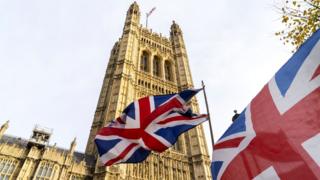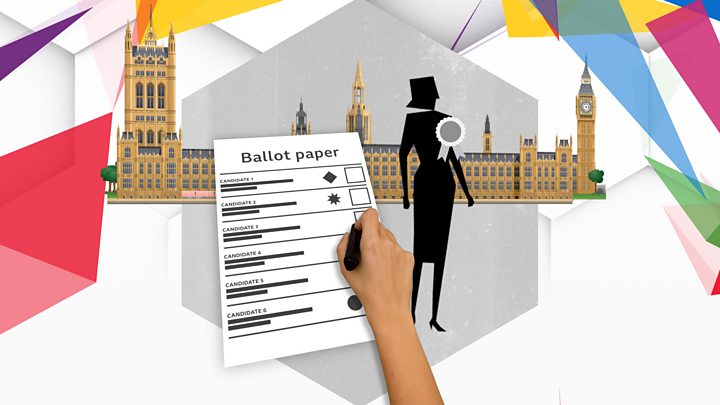Gloves are off as UK’s pivotal election race begins
And they’re off. At 00:01 on Wednesday, the UK Parliament was dissolved. Hours later, the Conservative leader and Prime Minister Boris Johnson made the short visit to Buckingham Palace to inform Her Majesty Queen Elizabeth the election was now on.
As the conversations between the monarch and prime minister are private, we don’t know whether Her Majesty might have been somewhat fed up, given that it was just weeks ago that she opened a new parliamentary session with all its usual pageantry. On that occasion the Queen had supposedly set out the plans of Mr Johnson’s, in retrospect, decidedly short-lived government.
If you are wondering why an election is even being held after the Queen went to all that trouble of opening parliament, and another election would otherwise have been due in the summer of 2022, here’s why.
The official reason given by Mr Johnson is a fear that the last parliament simply would never have passed the Brexit deal he had agreed with the European Union.
It’s also clear, though, that Mr Johnson thought it unlikely the Conservative party would ever be lucky enough again to be up against an opponent as unpopular as the current leader of the main opposition Labour Party, Jeremy Corbyn. Recent polls suggest the Labour leader has the lowest satisfaction rating for an opposition leader since the 1970s.
Why did the opposition parties agree to an election?
In truth, the Labour party had little choice, once smaller parties like the Liberal Democrats and the Scottish National Party (SNP) decided to try their luck – possibly believing that their stance as out-and-out anti-Brexit parties was likely to play well with a large chunk of voters.
Now the battle is commenced, it’s not hard to see the shape of the battlefield.
Just consider the campaign slogans from the main parties, which are hardly subtle – are campaign slogans ever?
But it hasn’t exactly been the smoothest of starts for any of the main parties as General Election 2019 (#GE2019) gets under way.
What’s gone wrong so far?
Even before Mr Johnson’s first rally in front of the party faithful on Wednesday, he had lost a government minister – the first minister to be forced to resign during a campaign in over 40 years.
Meanwhile, another minister – the famously posh-sounding and wealthy Brexiteer Jacob Rees-Mogg – had to apologise after suggesting that many of the mainly poor victims of the Grenfell Tower fire had lacked common sense when following the fire service’s advice to stay in their apartments.
And, as if all that wasn’t bad enough, Conservative Party headquarters created fake news by editing an interview with a Labour politician in a misleading way before posting it on social media.
Perhaps less reported on, but most seriously of all, the week brought further retirements and resignations of “moderate” Conservative MPs unhappy at what they saw as the party’s undoubted shift to the right and emergence as an out-and-out pro-Brexit party.
Labour’s campaign start was similarly disastrous, with the deputy leader stepping down and two former party figures accusing Mr Corbyn of being unfit to lead the country, citing what they said was his total failure to tackle the party’s anti-Semitism problem and his far left anti-Western world view.
Economists have also been fairly scathing about the promise of a vast increase in public spending at the heart of the Labour offer of a genuinely “real change” socialist alternative following nine years of Tory austerity.
What have we learned so far?
The early stage of campaigning has effectively highlighted how both the main parties have moved off to the ideological right and left and away from being the largely centrist broad coalitions they had been for so many years.
How much any of this registers with the voters is hard to say. The parties no doubt hope that voters just pick up on, or “cut through” as it’s known, their core message, whether that’s Brexit or something else.
But if the campaigns so far have failed to really take off, there’s one thing perhaps all the politicians can agree on, namely that this is surely one of the most important elections in this country since 1945.
At stake is not just Britain’s future relationship with the EU, but its very standing in the world, the nature of its economic model and the very unity of the United Kingdom, given possible developments in Scotland and Northern Ireland.
The stakes don’t come higher than this.
Source: Read Full Article




